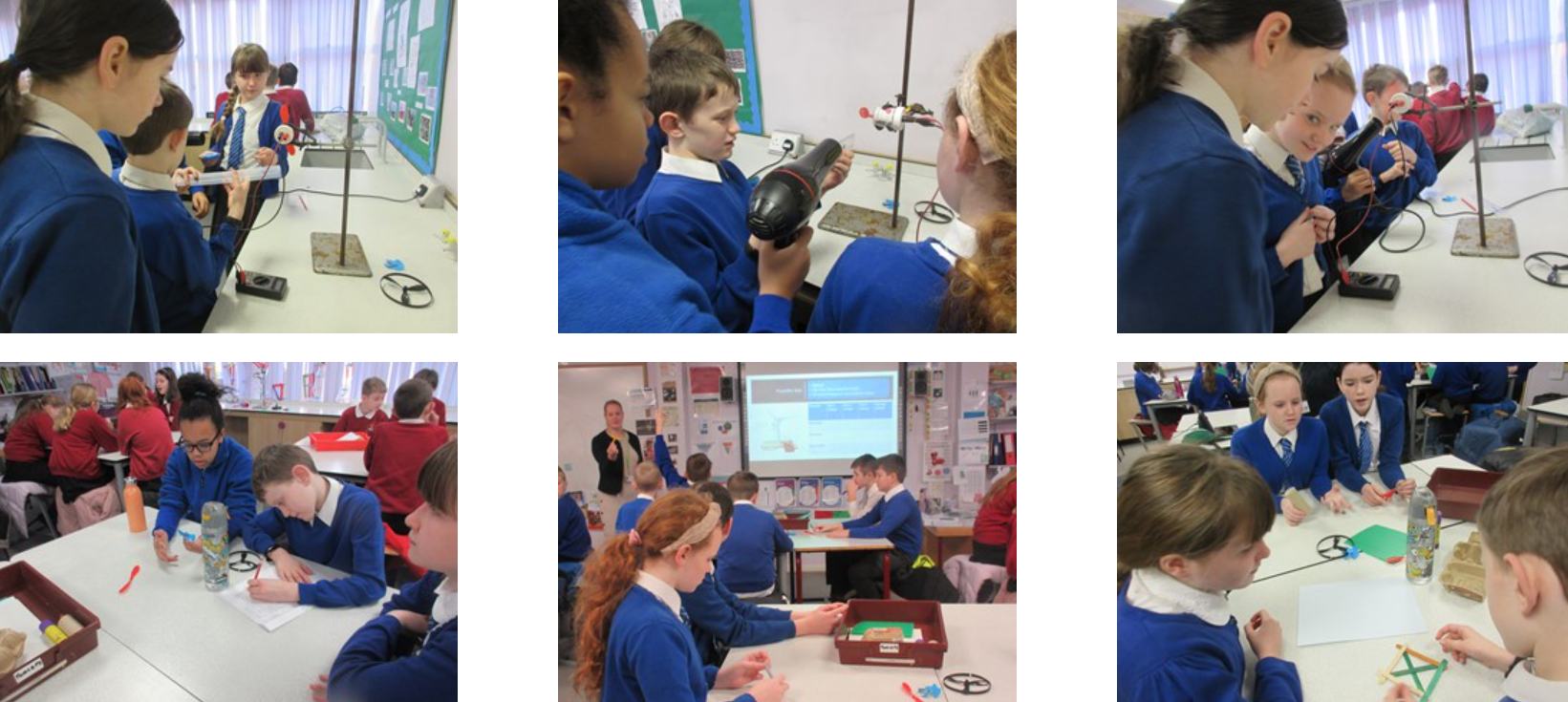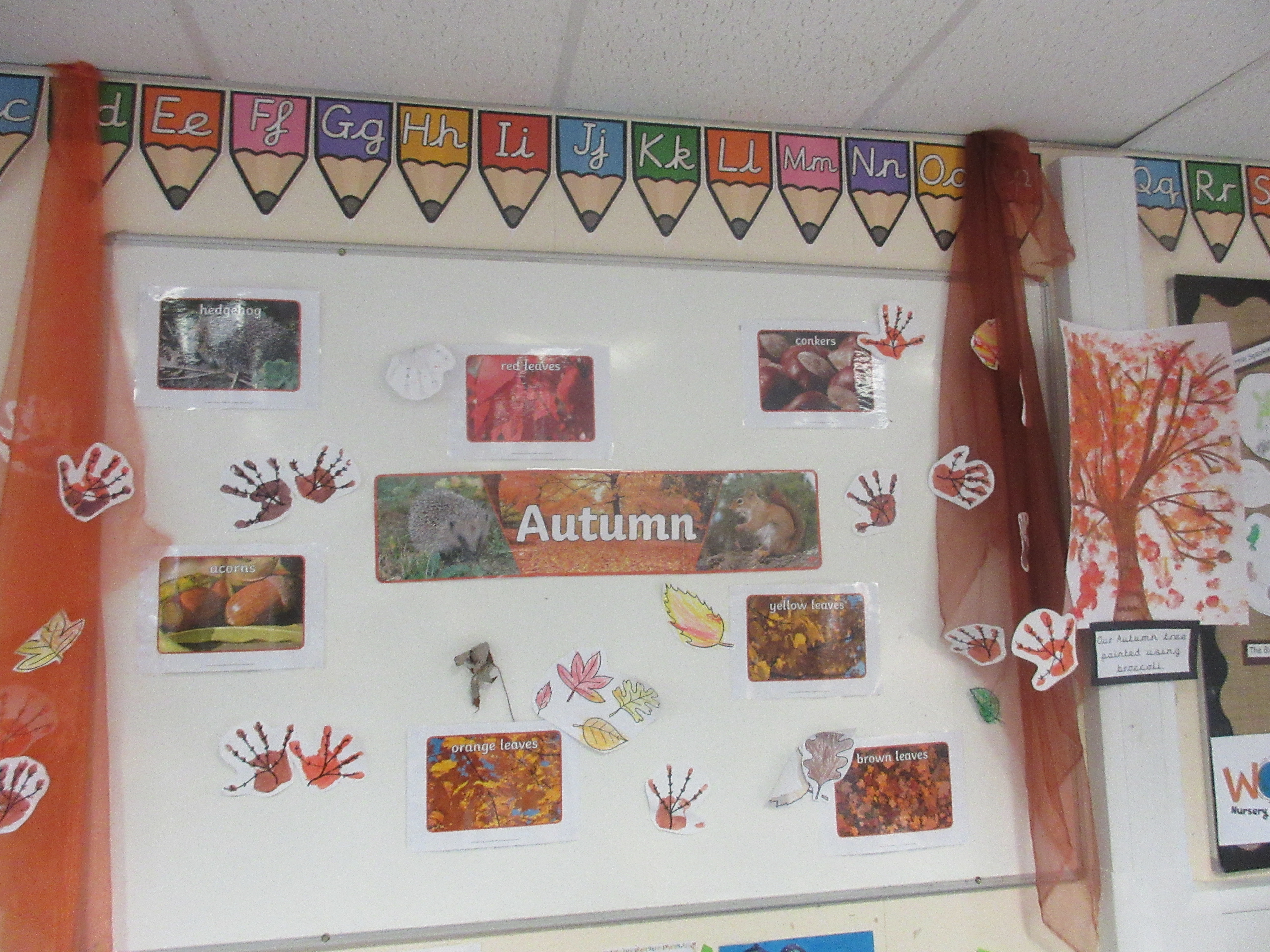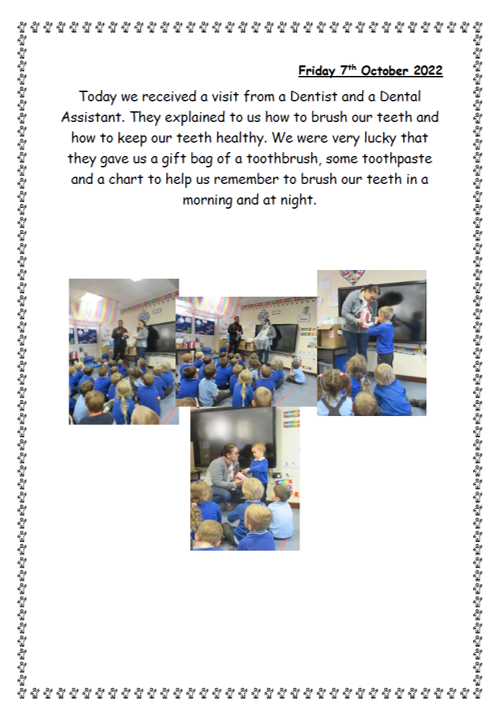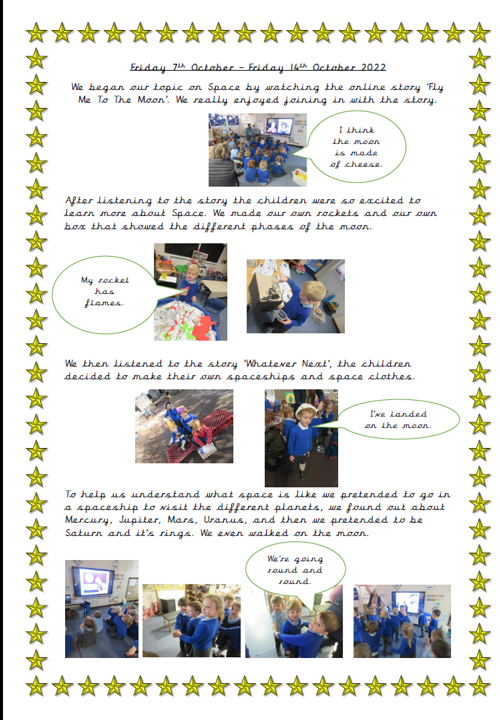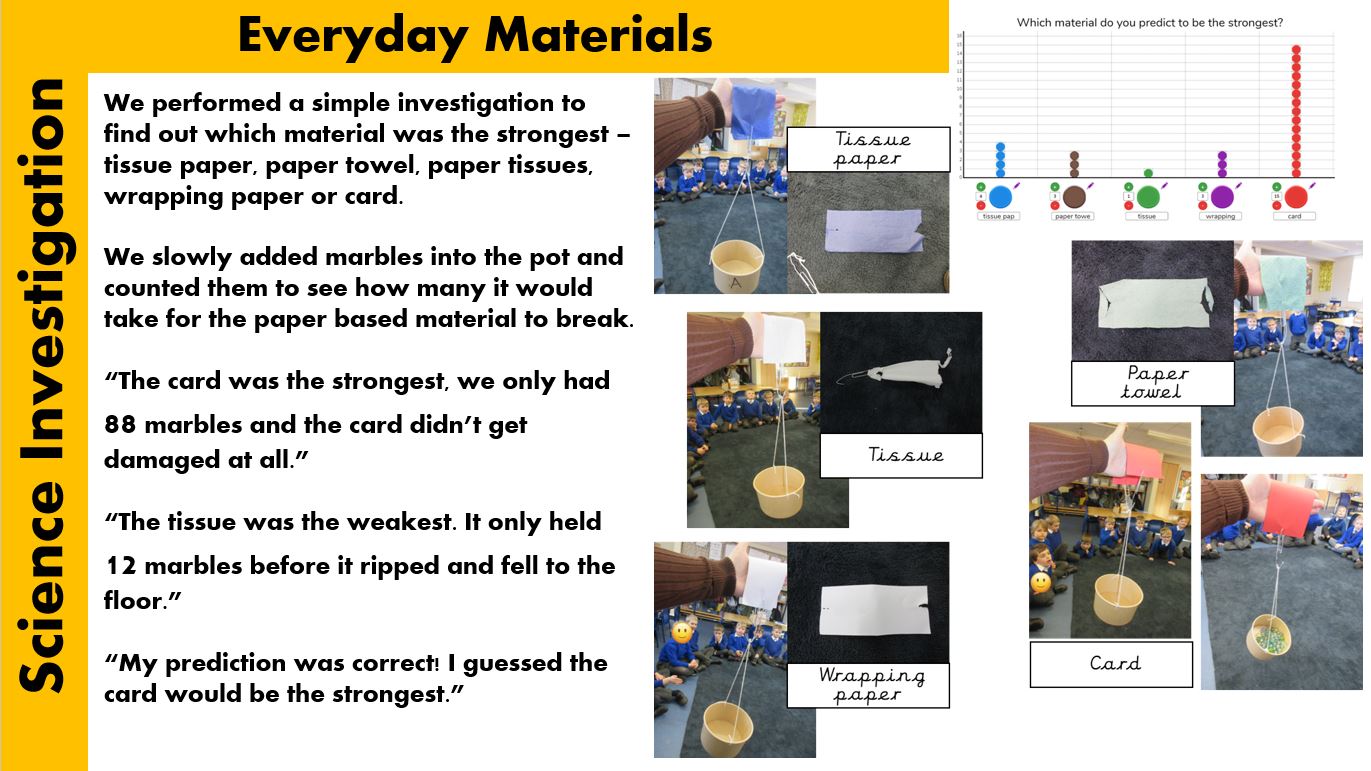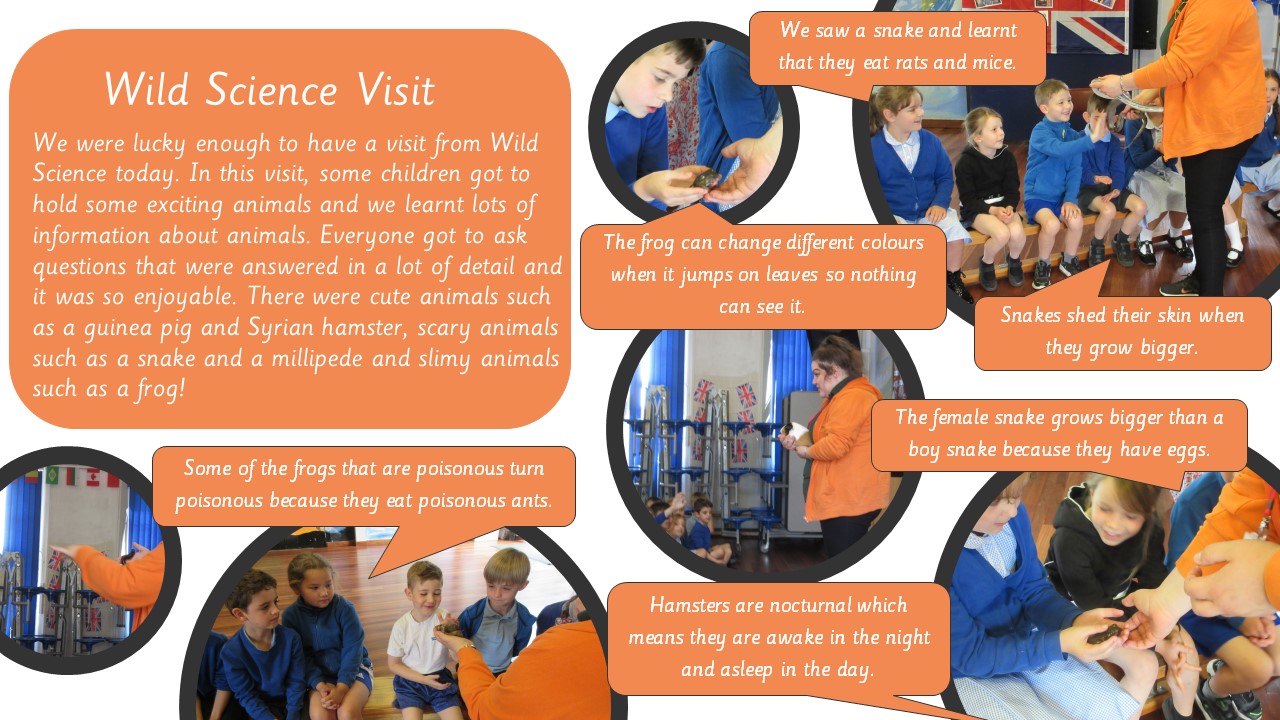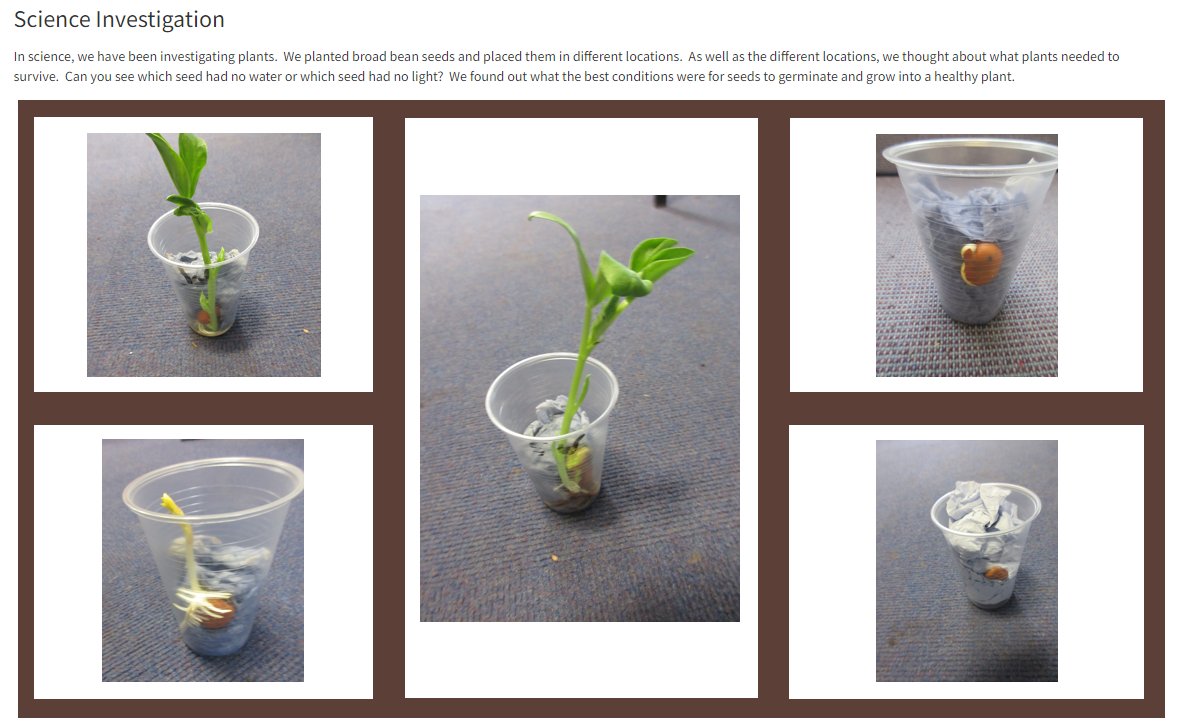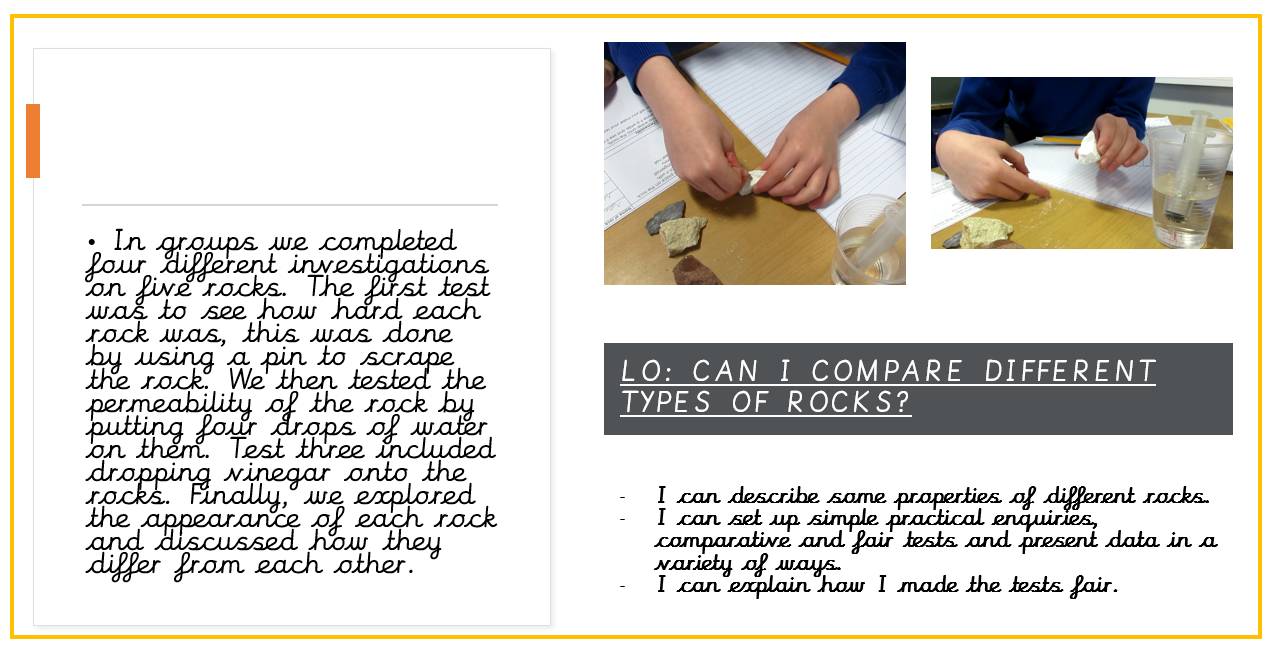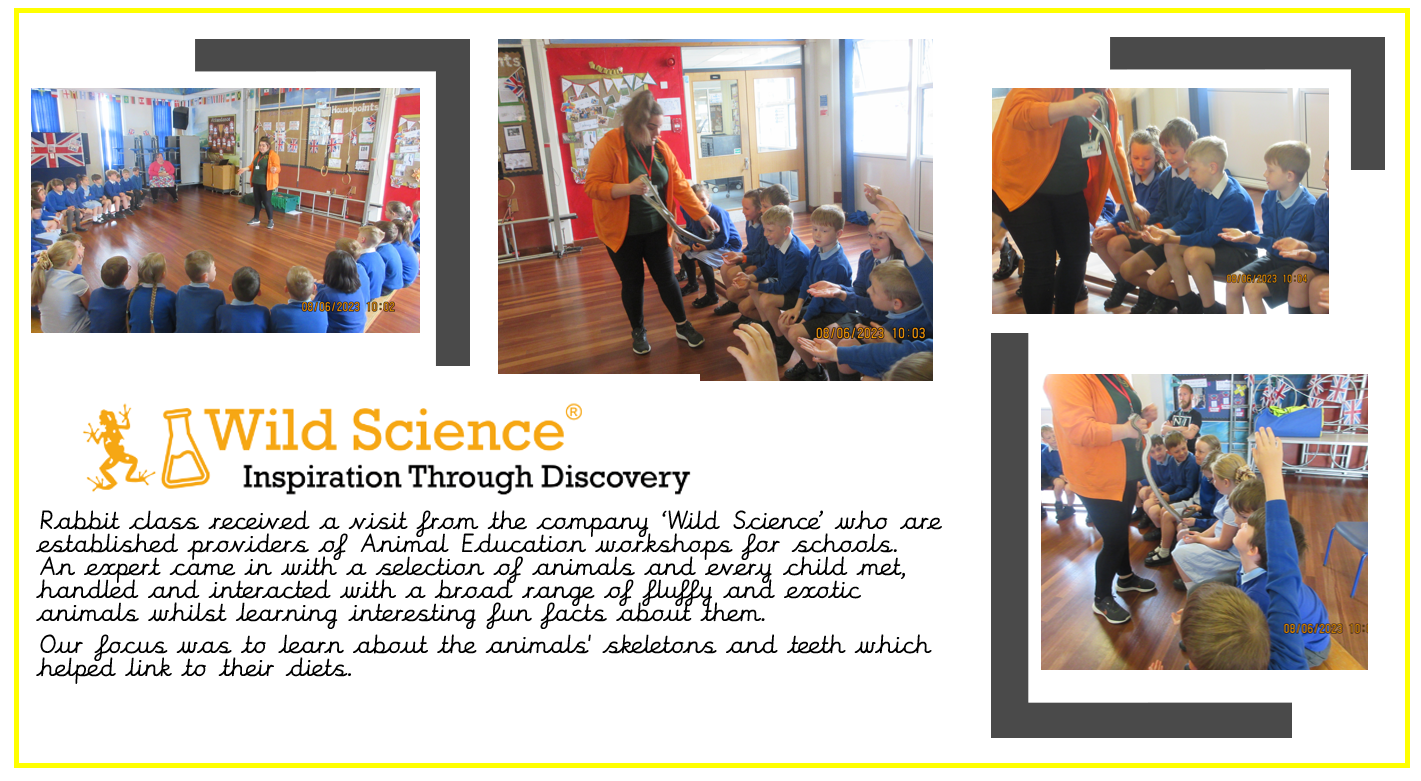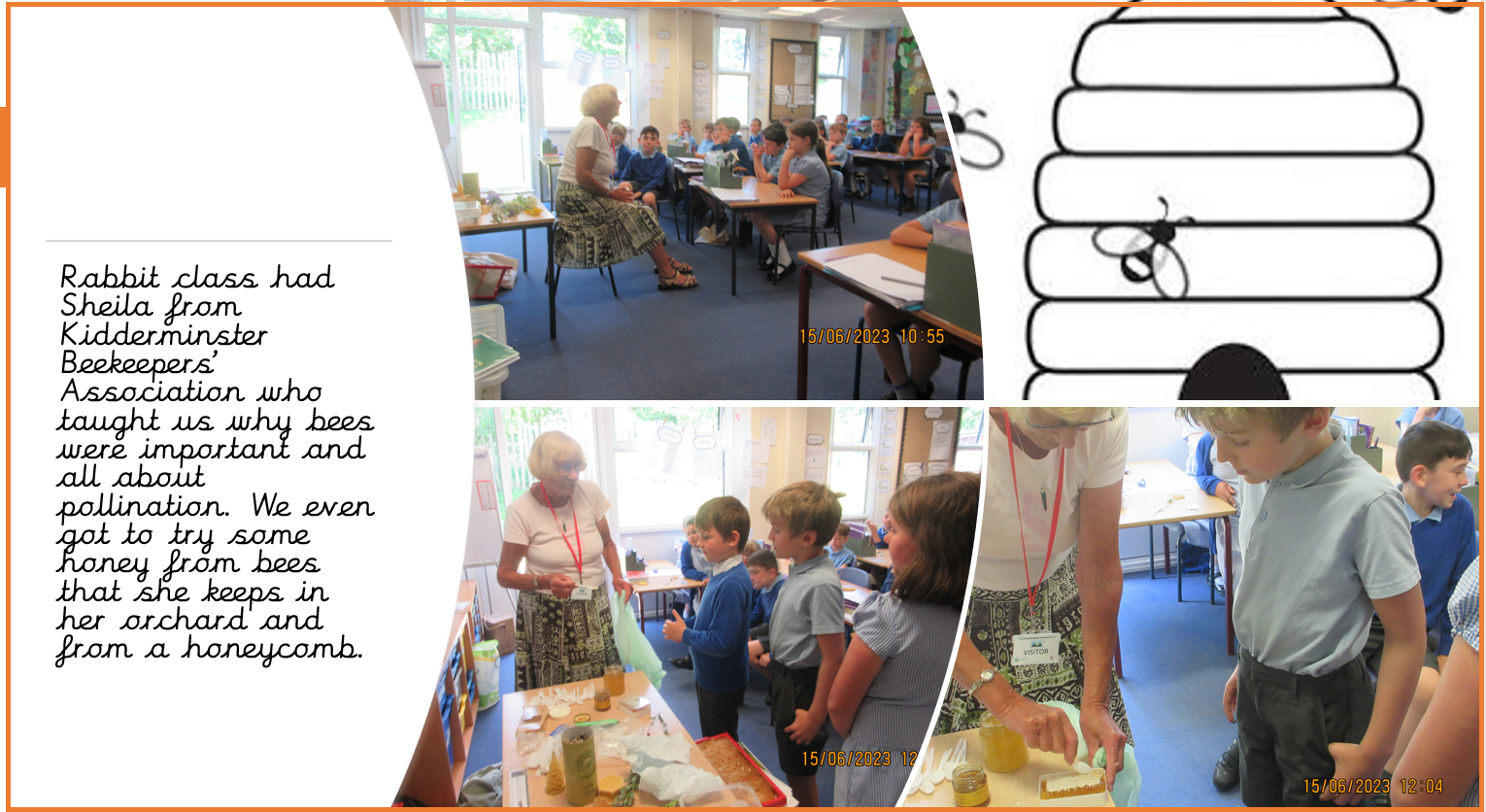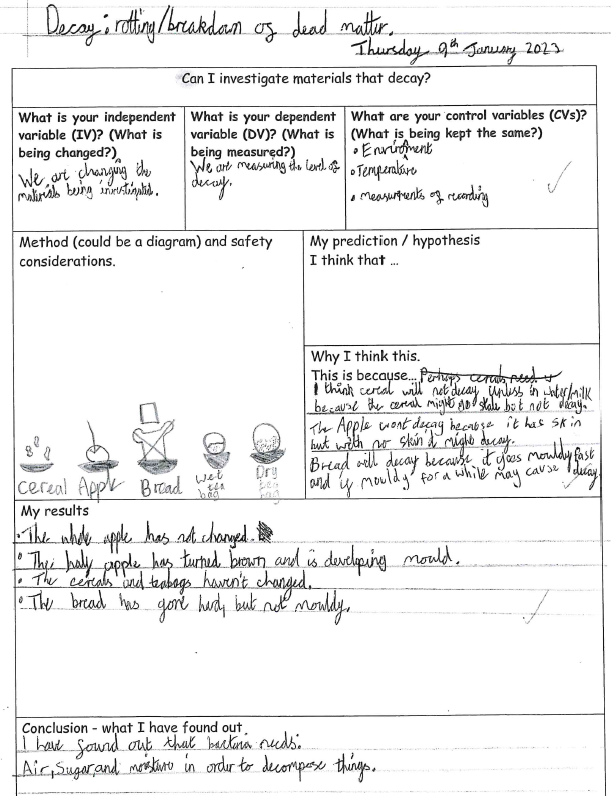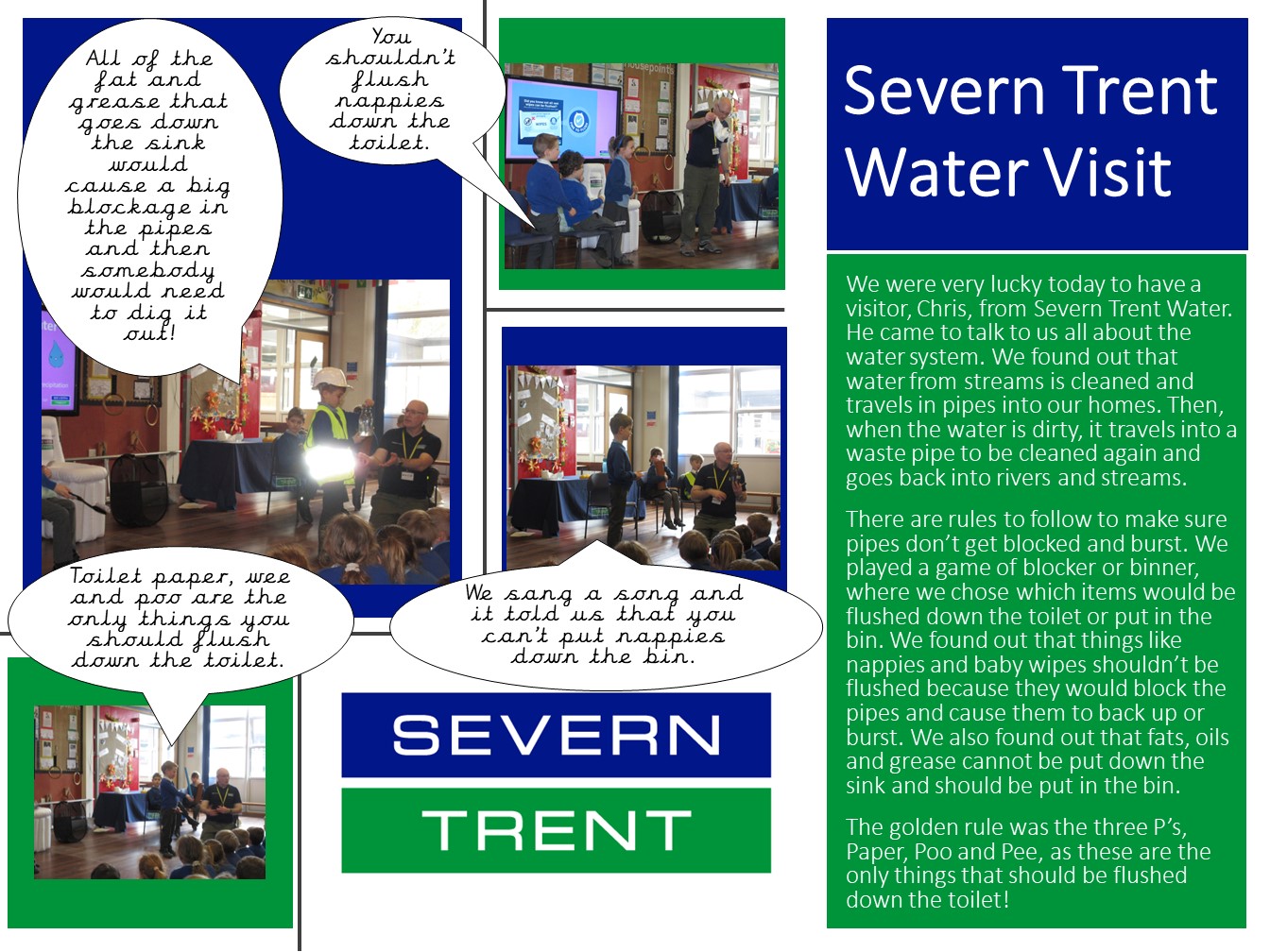Our curriculum sets out: the significant and key knowledge that pupils should know and remember as well as the skills that the children will develop and build on; the key concepts that children will return to in different contexts and year groups; the prior learning that the children can build on; the vocabulary that will be introduced as well as the sequencing and progression of the units to be taught.
The importance of science at Cleobury Primary School
A high-quality science education provides the foundations for understanding the world through the specific disciplines of biology, chemistry and physics. Science has changed our lives and is vital to the world’s future prosperity, and all pupils should be taught essential aspects of the knowledge, methods, processes and uses of science. Children should be encouraged to understand how science can be used to explain what is occurring, predict how things will behave, and analyse causes.
Aims of the national curriculum:
The national curriculum for science aims to ensure that all pupils: ·
What science looks like in our school:
The intention of our science programme ‘Engaging Science’ is to ensure that the children develop a good subject knowledge of the units taught, as well as a range of skills that are required for planning and carrying out investigations.
The science programme is progressive and has a broad range of practical investigations to follow, which promotes accessible learning for a wide range of learners.
By the end of EYFS pupils will explore the natural world around them, making observations and drawing pictures of animals and plants. They will know some similarities and differences between the natural world around them and contrasting environments, drawing on their experiences and what has been read in class. Finally, they will understand some important processes and changes in the natural world around them, including the seasons and changing states of matter.
It is also our intention that by the end of primary education, our children leave with a good understanding of the world around them, locally and globally. For all of our children, we aspire to create a natural inquisitiveness for developing their science that will continue beyond primary education.
Our science curriculum is taught through a carefully selected science programme ‘Engaging Science’. Each year group will follow key units specific to the curriculum requirements, which include a balanced range of activities to deepen subject knowledge and develop key investigative skills. Science is taught or two hours every week, following the units in sequential order.
How does it work in science?
How do we help children who need additional support?
How do we challenge children in science?
How do ensure all children can access the science curriculum?
Impact
The impact of children’s progress and their ability to know more and remember more will be visible through a range of methods. These may include end of unit assessments or quizzes, spoken responses, progress over time in pupils’ books, extended writing or even an end of unit project.
The impact of teaching science using the ‘Engaging Science’ programme is that children gain an understanding of units that cover biology, physics and chemistry at a primary level by the time they leave school. Children will have also gained the skills to be able to plan and carry out their own investigations, which include planning, predicting, selecting their own equipment, and analysing data.
Once children have developed the required skills, they will be confident in applying them to a range of investigations, regardless of the topic. Due to the progressive nature of the science programme, it ensures that children have a solid base of science knowledge in preparation for their journey to secondary school, where science is also emphasised as more than just a subject to be covered.
How do we know how well our pupils are doing in science?
The class teacher will assess the children at the end of every science unit against the objectives that have been taught. This gives a clear indication of the children’s understanding at each point during the science curriculum and is recorded on working document for that year group using codes below age related expectations and exceeding age-related expectations. The science co-ordinator can then see which children are making expected progress, and which children may need a little more support. Throughout the year there will be opportunities to have book looks and pupil voices as well as using surveys and questionnaires (pupils and staff).
How do we know that our children are flourishing in science?
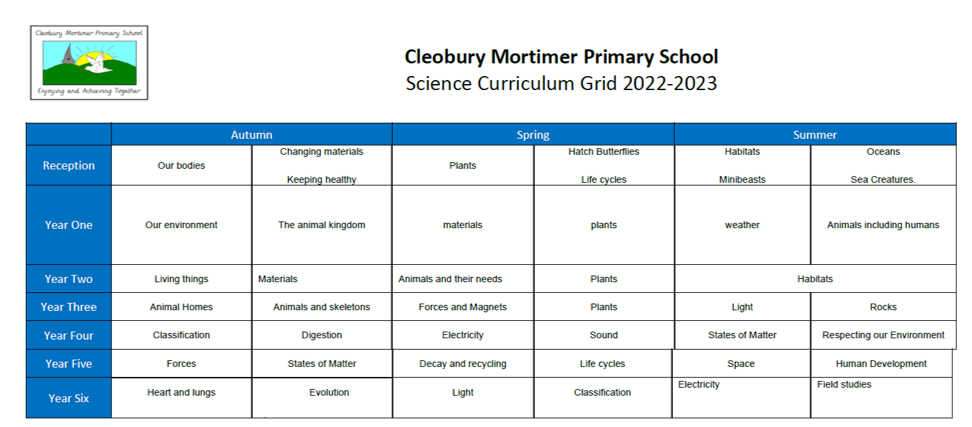
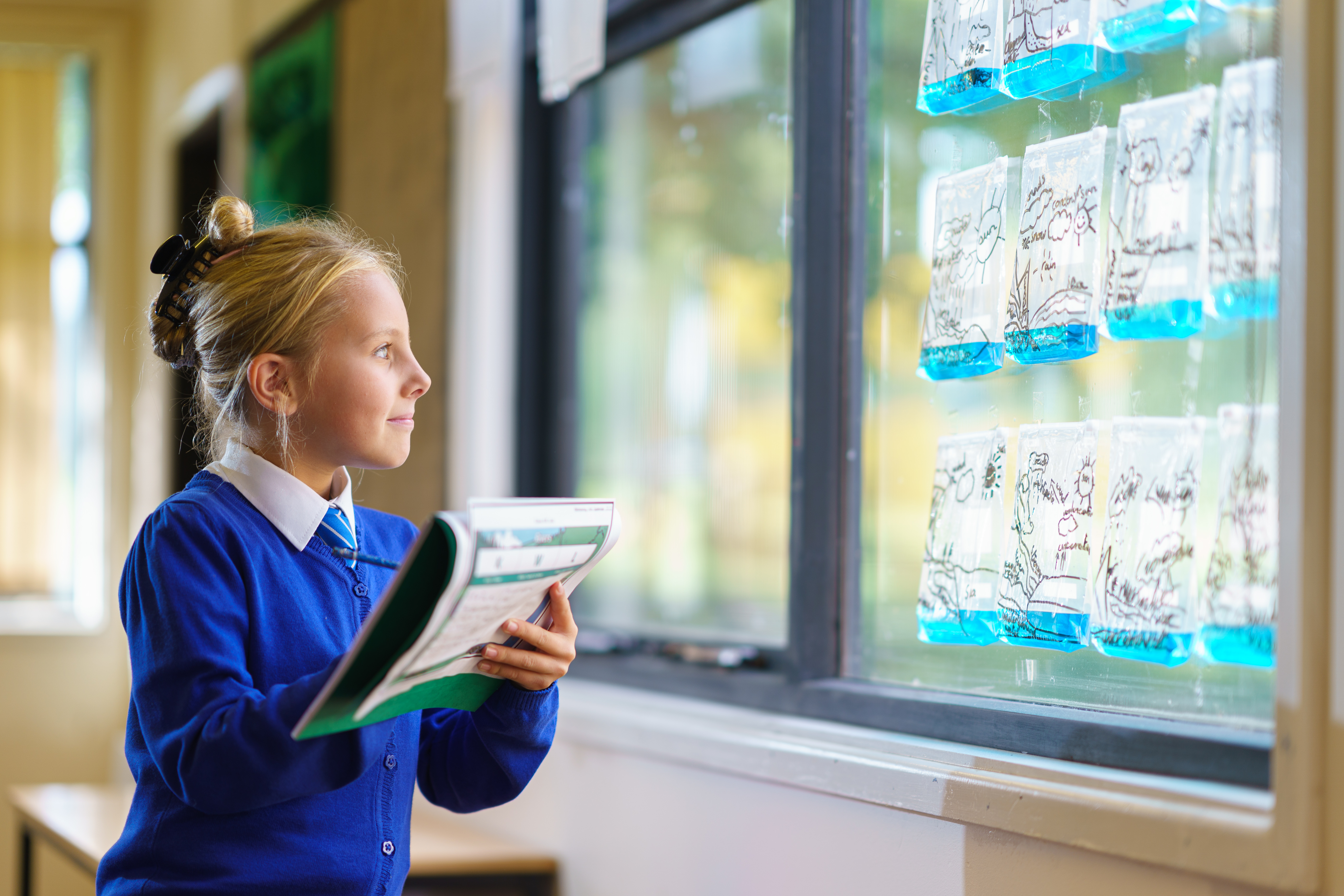
The image below will take you to books about science and STEM:
SEND Area of Need Intent Statement for Science
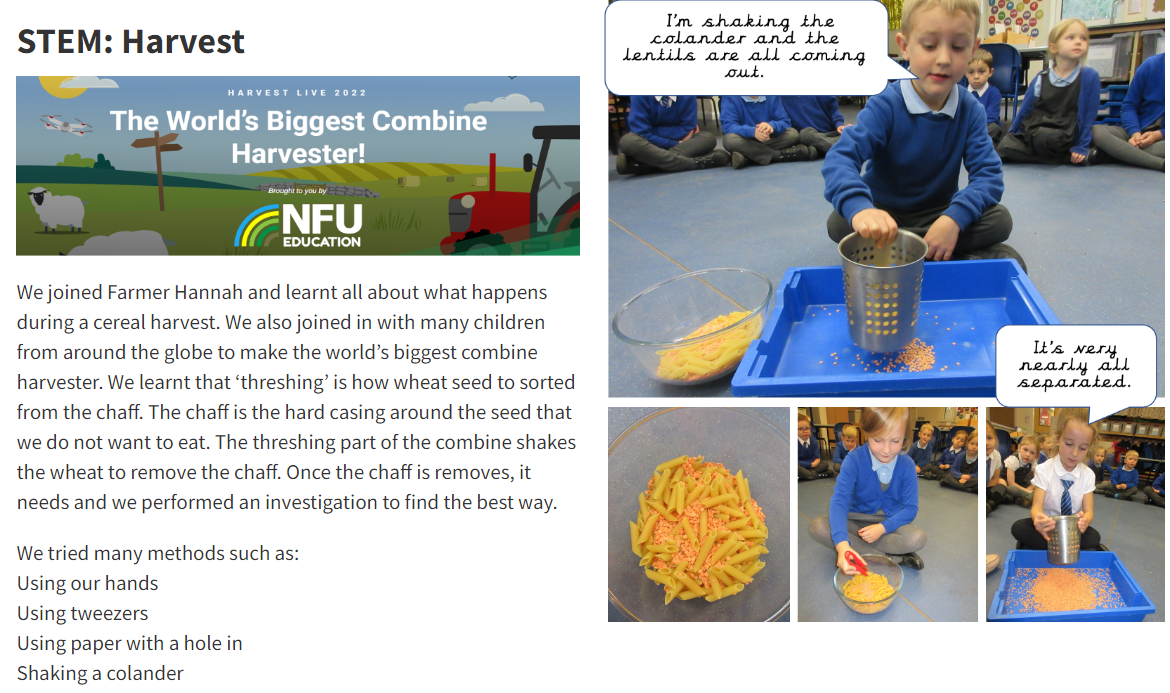
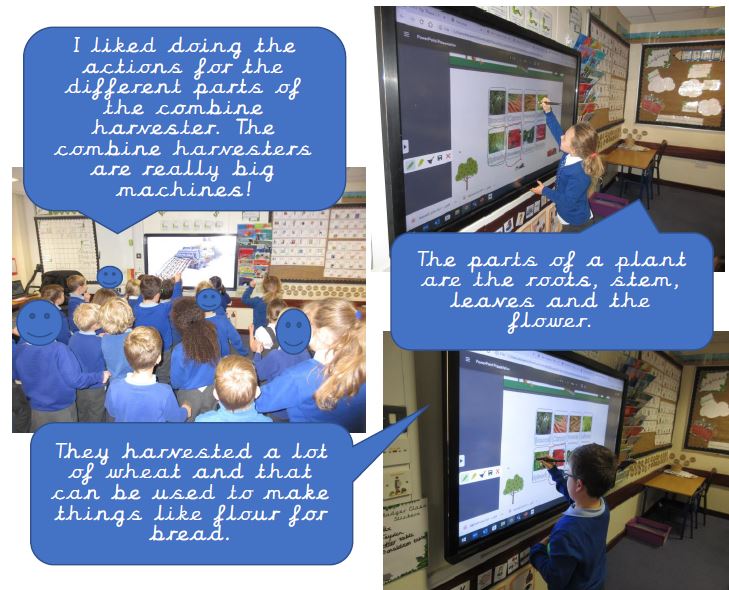
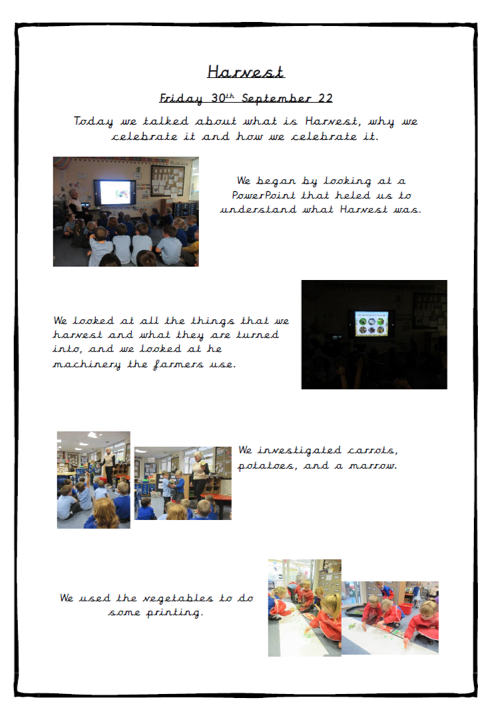
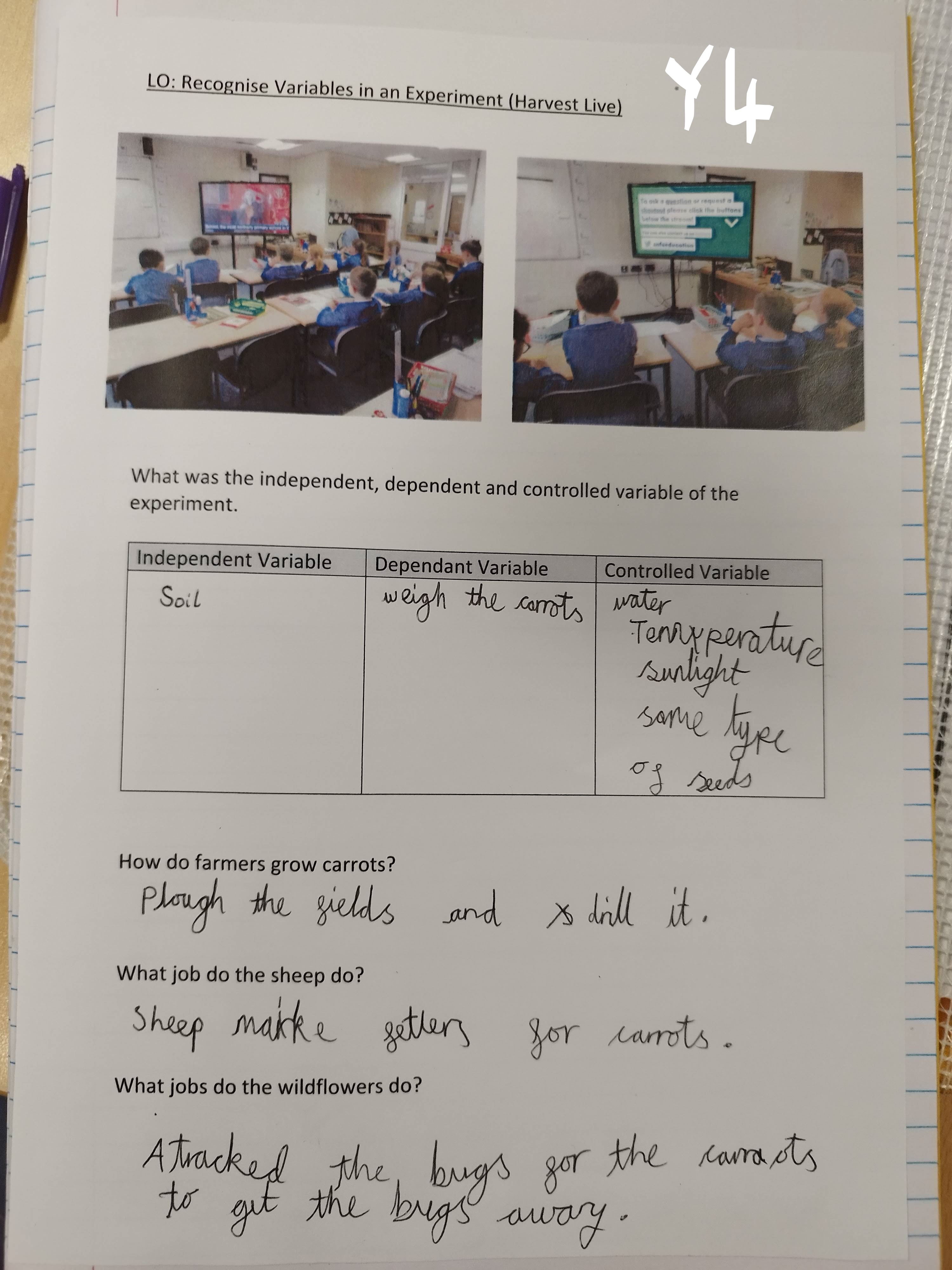
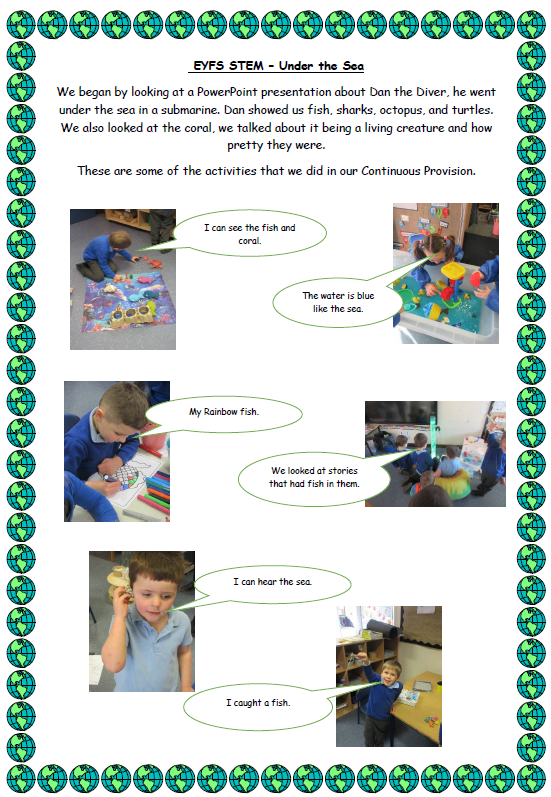
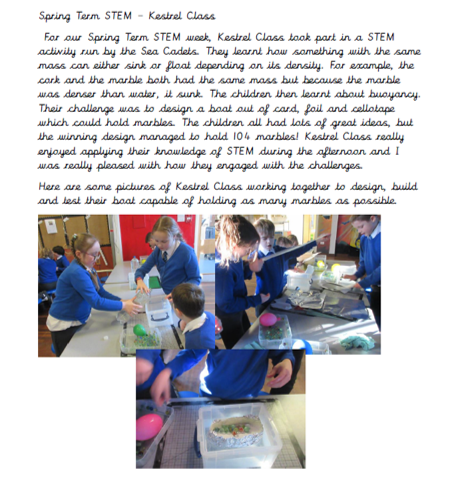
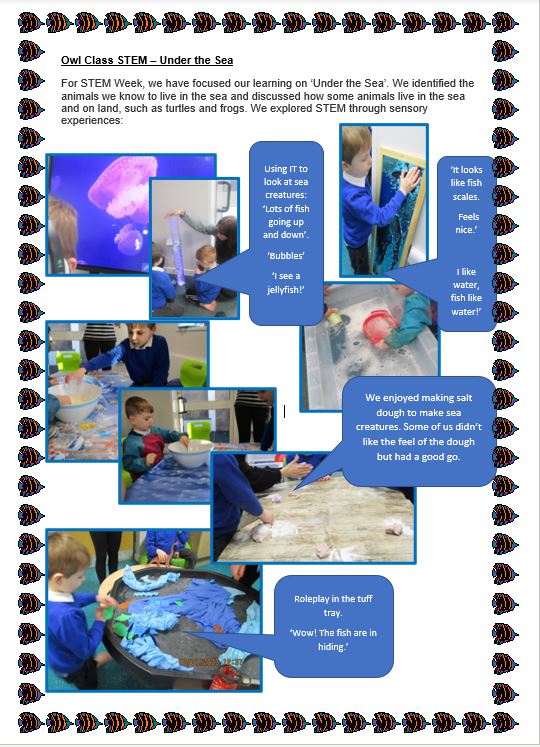
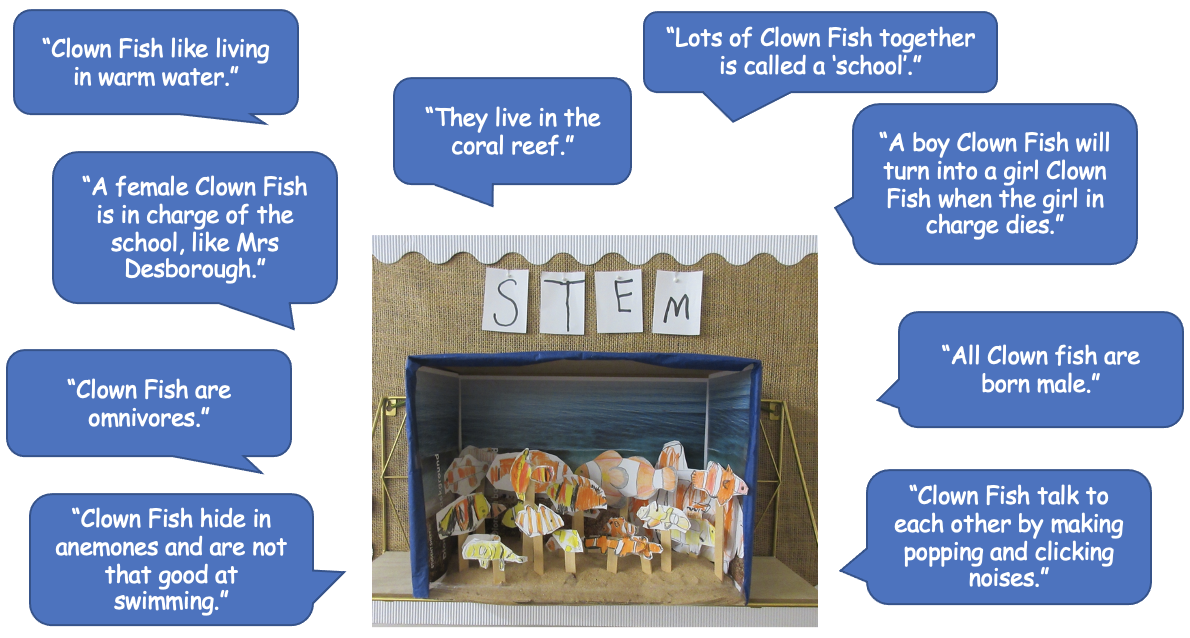
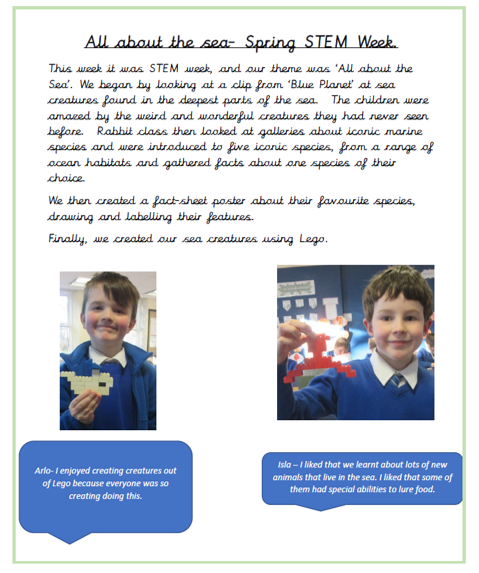
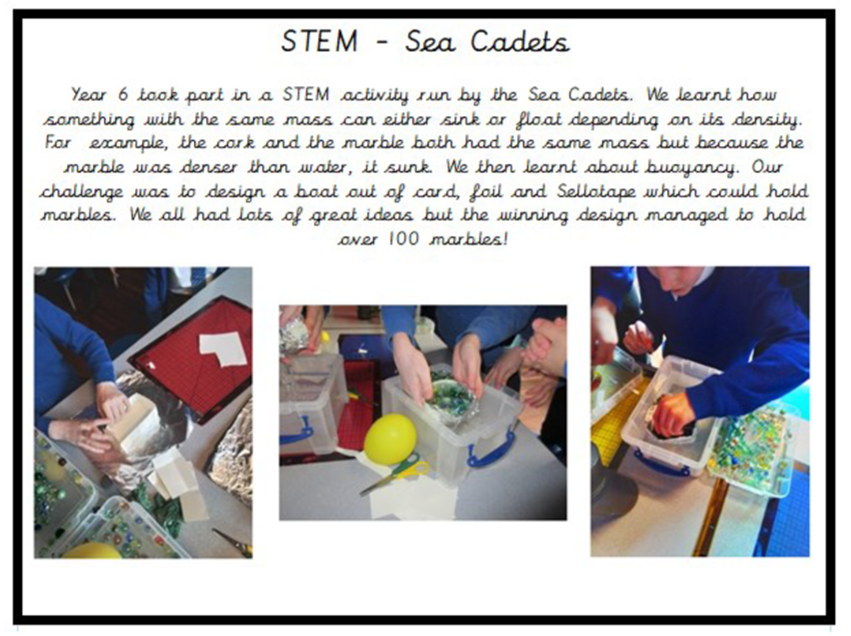
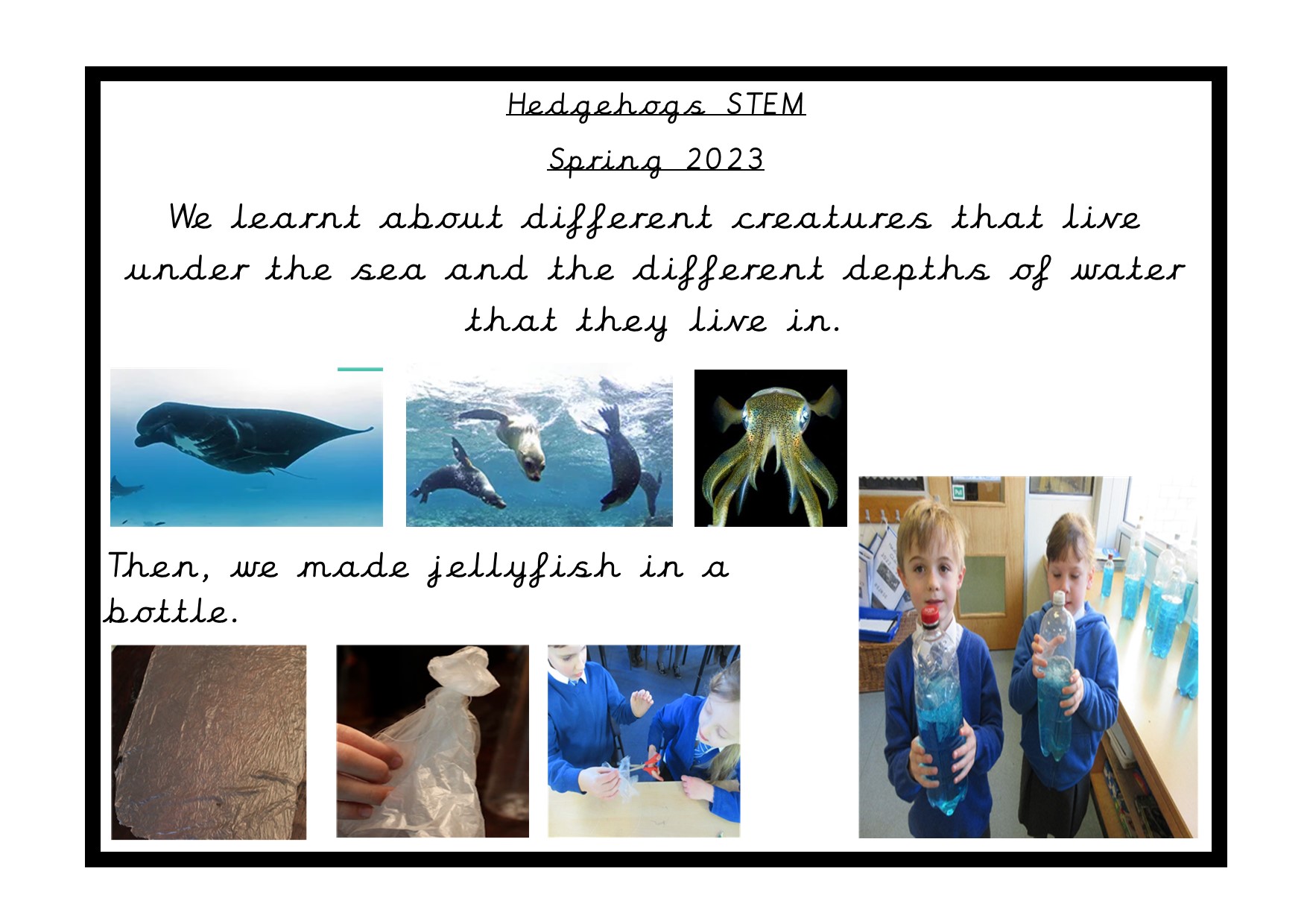
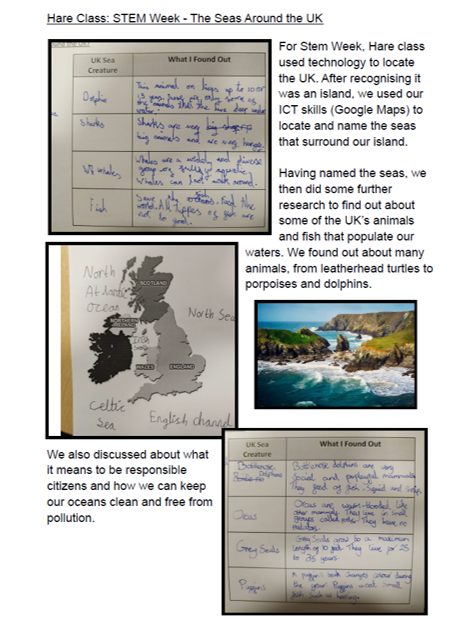
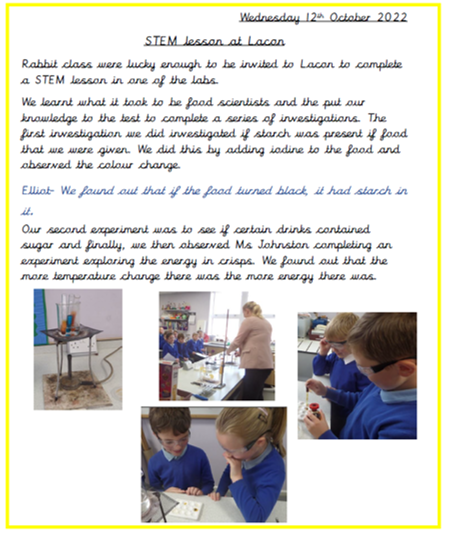
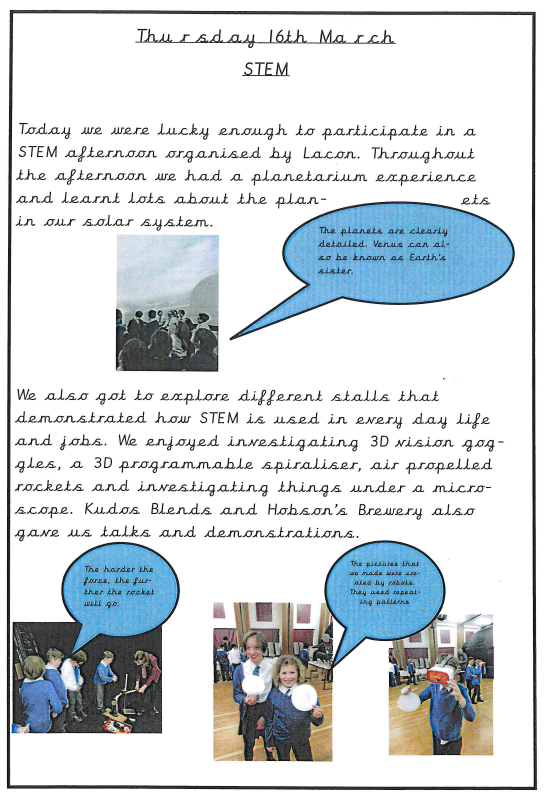
Ten lucky year 6 students were picked to compete against other primary schools in a STEM challenge at Lacon Childe. Well done to those children who took part.
